Straight Shot to Strait Lake
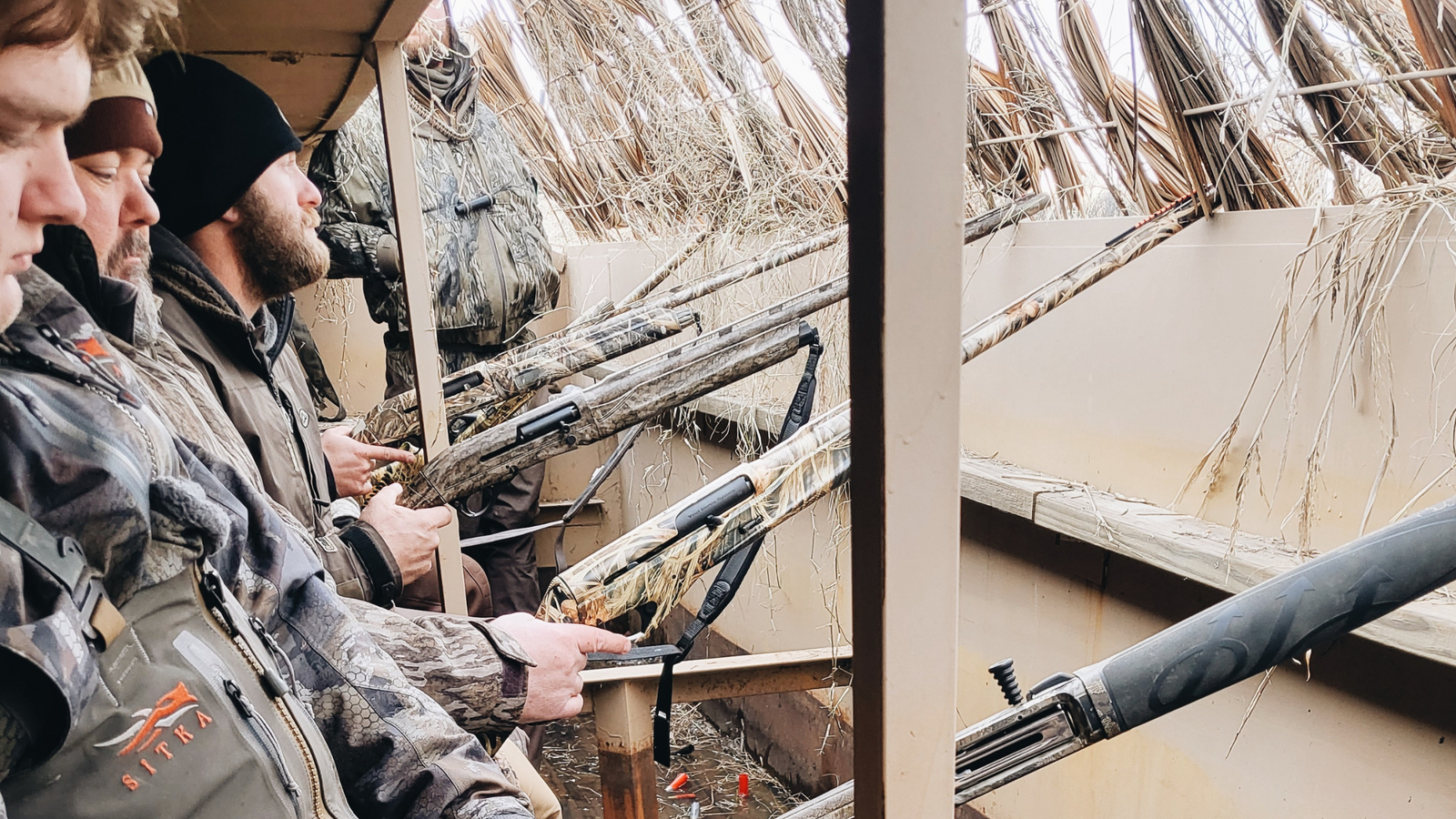
I’m sure everyone has places that they go to from time to time that can elicit feelings that happen nowhere else. For Johnny Hunter, Strait Lake Lodge sits proudly on that list. It’s one of my “happy places”. I’ve always struggled with the term “happy place” because I think it suggests that when you are not there you are not happy. I’ve had to come to terms with the fact that perhaps some people do feel this way. For me, it’s different and deeper than that. I’ve tried really hard to create a life that brings joy every single day. Whether it’s going to the farm, going to the office, heading up to camp, coming home or going on the road for business. What I found that makes me the happiest is movement to and from places that I love. The only cure for the sadness of leaving is the excitement of going. Sitting still always seems to be against why I was created. I was meant to move through this world not to simply exist within it, however as I’ve gotten older, I’ve grown to appreciate still. Sill allows me the opportunity to quiet my mind and truly take in what’s going on around me. My mind routinely begs for the next experience, the next interaction, the next thing, so I’ve had to practice being still. Only in my happy places can I find still, restlessness haunts me everywhere else I go.
It's hard to put into words the level of anxiety I felt in December when my wife Jessica sent me a text message saying, “block out Jan 19-21 on your calendar, NO QUESTIONS ASKED!” This sent a shiver down my spine comparable only to the sensation you feel watching a scary movie. I called her immediately and demanded answers. I’m a planner. I need to know details of the situation in order to ensure that I’m prepared for it. None were given except “trust me you’re going to like it”. So, upon opening my final Christmas present the secret was revealed. She had bought me a two-day duck hunt at Strait Lake, I was floored to say the least and equally excited. Upon learning the surprise, I decided that my son Johnny (8 years old) was going to go with me. I knew the joy that awaited me there and I knew the pain he would endure knowing that his daddy, uncle Brantley and cousin Graham had received similar news at Christmas and would be joining me there. I also suspected that sharing this experience with Johnny might forever shape his view of what hunting could really mean. When I asked him to go with me, he gave no argument.
In the world of duck hunting, there are as many variations of experience as there are colors in the universe. It’s an endless array of options, opportunities, pros and cons. On one end you have public hunting land that is set aside by the state or federal government for public use and offers everyone equal opportunity to go duck hunting. All you need is the gear which can feel overwhelming for newbies and often feels like you are investing a small fortune, which you are. Public hunts where I’m from are conducted in a “draw” style format where you arrive at the conservation headquarters typically an hour or two before shooting hours. In Southeast Missouri this can sometimes mean that you must be present to draw at 4 am or earlier. Setting an alarm for 3 am feels somewhat silly and I often wondered in my youth why I didn’t just stay up all night and then go hunting, sometimes we did. During the draw you reach into a box to pull out a numbered “pill”. This number represents your position in picking out your spot for the day. If you pull pill 1 you pick your spot first and will likely get the best chance at ducks. If you pull pill 40, you’re likely to just go home and go back to bed. I participated in this grind for most of my teenage years when sleeping was of little consequence to me. Days and weeks on end my friends and I would head out to Otter Slough Conservation Area and try our luck. I developed a knack for pulling good pills and had become increasingly superstitious in my routine, but it worked. A certain hat, a particular pair of socks, or putting everything in my left pocket over to my right, anything that ensured we got out was on the table. A more conscientious person would have kept track of every pull they made and what number they got, I rely on my rose colored memories.
Moving along the spectrum you find yourself hunting “private” land. These are usually crop fields flooded during the winter months to attract waterfowl and can provide an elevated experience over public land. There are no lines to stand in, you show up when you want, bring who you want and leave when you want provided you are only shooting during the state sanctioned “shooting hours”. Private hunts are commonplace and again can vary wildly in their own right. Some people might choose to simply hide in the bushes or trees while others construct hunting blinds. Hunting blinds can be as simple as a small wooden or metal framed structure that shields you and a couple of friends from the elements or can be elaborate with electricity, heat and a kitchen for your comfort and that of your guests. In some cases, the use of a “pit” is called for. These are metal boxes that must be buried in the ground next to the flooded hunting field to conceal the hunters and all their gear. The magnitudes of differences in pits cannot be overstated. I’ve personally hunted in some where I thought we’d be better off to lay on the ground and others that I considered taking up full time residence in.
Finally, we arrive at the “lodge/camp” experience. The term lodge is loosely used in the world of duck hunting, and I suspect that it’s done so deliberately. My experiences with lodges and camps vary greatly as one might suspect. During my college years we frequented a duck camp that was leased by the family of one of my fraternity brothers. It was basically an abandoned farm house with no running water and no electricity. It did however have a wood stove that would keep you warm at night provided someone fed wood to it consistently. I once visited a lodge via a large private plane where the staff showed up to the airport in large vans and SUVs, loaded up all our gear and ushered us off to their 5-star accommodations to be served prime rib, red wine and homemade desserts. Breakfast was served in the duck blind and a masseuse was on call back at the lodge to alleviate the stresses of the hunt, which were few.
Now that you understand the difference between all these experiences let’s discuss the one thing that unifies them. It’s a philosophy more than anything, and it centers around one singular concept “let’s kill ducks” (LKD).
While duck hunting is obviously a recreational activity, it's also an industry. Many livelihoods revolve around the LKD philosophy. It’s how clothing manufacturers convince you to buy new gear, it’s how ammunition companies sell shotgun shells, it’s how lodges fill their calendars with guests and how duck hunters measure the success of their outing. I don’t feel that the LKD mentality should be demonized, however. More often than not the members of this way of thinking are admirable people that do great things to benefit the duck population. Without LKD there would be a lot less habitat, a lot less money raised for the species and a lot less opportunities for young people to experience the joy of watching a duck lock up his wings and make his final approach into a decoy spread.
Finding Strait Lake Lodge for the first time was more of an accident than intentional. My brother-in-law had been turned on to it by a friend of his that suggested we try it out one day. We really don’t need to visit duck lodges in order to experience a duck hunt. We have our own field and our own pit. We work hard to set things up to attract and hold waterfowl but it’s on a small scale. Our company focuses on many forms of wildlife habitat and regenerative food production, it's not a duck lodge. So our success in the field often revolves around how many ducks we saw vs how many killed. Driven by our desire to be surrounded by the waterfowl we love to chase is what points us in the southerly direction towards Pumpkin Bend, Arkansas. It’s where something exists that we’ve found nowhere else. What that exactly is well…. You’d just have to see for yourself.
Forever the heavy packer it was no surprise to me that I had packed a Yukon XL nearly full for our little adventure. Those who know me well know that I need wardrobe changes and options for wherever I may roam. I must have instilled some of this behavior into my son Johnny III because he kept throwing more things in the car. It was a stressful exit. What did we forget? What else would we need? Was it really going to be as cold as the forecast said it was? About an hour before our departure I realized that neither Johnny III nor I had any form of thermal underwear or a base layer that could help shield us from the upcoming brutal cold. I pondered quietly to myself “why don’t I have that stuff anymore?” After I left Academy Sports with an additional $162 in gear it finally hit me “I don’t hunt when it's this cold at home anymore”.
Every mile we went south seemed to peel away a little of the stress that sits on my shoulders nearly constantly. It helped that Johnny III had a million questions. It allowed me to paint a picture of where we were going and why. It helped remind me why I was excited. It helped me slow down on the drive and point things out to him. A piece of equipment, a cool truck and a farm I had developed near Reyno, Arkansas and later sold. Mile after mile we went, our eagerness increased for what awaited us. As you head south on hwy 67 leaving Poplar Bluff, MO there is a brief moment where you can see the delta open up before you, with the right set of eyes you can almost see Strait Lake 2 hours down the road.
Making the final turn at Pumpkin Bend towards the lodge feels the same as pulling into your driveway after being away from home for too long. I had never really considered that until I turned to Johnny III and said “almost home bud”. Of course he had questions about the statement which I gladly answered.
Walking into the main lodge building is something akin to walking into a church. You’re on hallowed ground here. Every corner of the lodge seems intentionally easy. Nothing overdone but nothing overlooked. The first thing you notice is the smell. Its wooden walls, wooden floors, leather sofas and fire wood crackling in the fireplace. It’s kind of dark but it’s all just right. From the kitchen you can hear pots and pan rattling as Chef John prepares his next feast. Men and boys are scattered about. Some playing pool, some watching a game on TV and some asleep. The owner Max Sharp saunters in and welcomes you with a handshake if you’re new and a hug if you’re familiar. While the lodging, the meals and people are a part of this story it’s only just a part. The rest of the story lies beyond these walls. Fields, bayous, woods and water for as far as you can see. Even in the grip of a major freeze life seemed to be flourishing everywhere, most likely because it was.
Strait Lake is home to another philosophy that is much different than LKD, its home to Let’s Hold Ducks (LHD). LHD takes one on a new journey that you would never endure otherwise. It’s a way of thinking long term, it’s forgoing immediate gratification for the sake of the generations to come. It’s giving animals the food and habitat they need not just for the season but as long as they care to remain there. It’s habitat in its purest form ... .food, water, shelter and air.
Food comes from two places at Strait Lake Lodge. First and foremost is the hundreds of acres of natural food produced from countless species of trees, plants, bugs and biological organisms. This food is the bounty that nature can provide when left alone to its work over the course of time. The other source of food comes from the fields. This is, after all, a working row crop farm but Max is quick to tell you “We farm for the ducks”. Thousands of acres of rice, soybeans and corn get planted and some get left behind for the benefit of hungry waterfowl of every kind on their great migration south. Local wildlife also receive this benefit ranging from deer, turkeys, squirrels and birds. Beyond the fields are hundreds of acres of flooded timber. Once considered a nuisance to the aspirations of serious farmers they are now regarded as a mark of excellence to any serious waterfowler. These timber stands are flooded during the fall and winter months as havens for ducks and duck hunters.
Water is abundant at Strait Lake Lodge. As the name suggests there is an actual lake that runs through the property that holds water and wildlife year-round. This area of Arkansas is also blessed with abundant rainfall that flows in and around various bayous, ditches and low-lying areas. Beyond that Strait Lake has ample ground water resources that can be utilized to ensure healthy crop/food plot growth and to ensure the waterfowl has ample flooded areas for feeding and resting. Max has gone even further and designed his own internal levee system that allows him to impound water during wet periods reducing his need to constantly pump.
Shelter and Air come together into a singular concept at Strait Lake that we can call Habitat. Habitat refers not only to having the space available for wildlife to live and thrive but goes beyond to ensure that they are not constantly harassed with the presence of humans. Let’s Hold Ducks philosophy demands that once the food and water and habitat are in place then your interactions with those birds must be kept to a bare minimum. There are areas of Strait Lake that are simply off limits to even foot traffic much less riding around in a truck just to have a look. These rest areas are as sacred to Max as they must be to the waterfowl that call this a home. Yes, there is duck hunting that will happen at Strait Lake Lodge almost every single day of the season but here it’s just different. You go in and hunt as a singular group and you leave around 9:30 am as a group and the hunting for the day is over. No afternoon hunts, no evening hunts, no “lets go hunt the rest areas just once”. It’s this disciplined approach to harvesting waterfowl that makes hunting here so exciting and meaningful. Do we count the birds we’ve taken, of course, state laws demand that we do so that we don’t exceed daily limits. But the conversations in the Lodge that evening rarely revolve around the kill…they revolve around how to hold more ducks. They focus on the conservation of a particular species of wildlife that owns a piece of our hearts and minds. You can’t choose to love duck hunting any more than you can choose to love someone…it either happens or it doesn’t. But it’s the love of these birds that leads to the love of the land and how best to prepare it for the long run. What can we do today that our grandkids will thank us for when they are grown.
As we pulled out of Strait Lake you could have heard a pin drop in our vehicle. Johnny III wasn’t ready to go home, and neither was his dad. He, like I, had been affected by this place, this lodge, this habitat and the people that dreamed it and built it. It’s part masterpiece and part master class in the art of conservation.
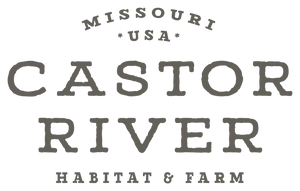
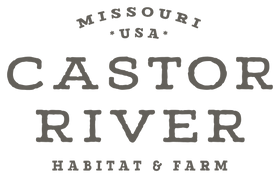


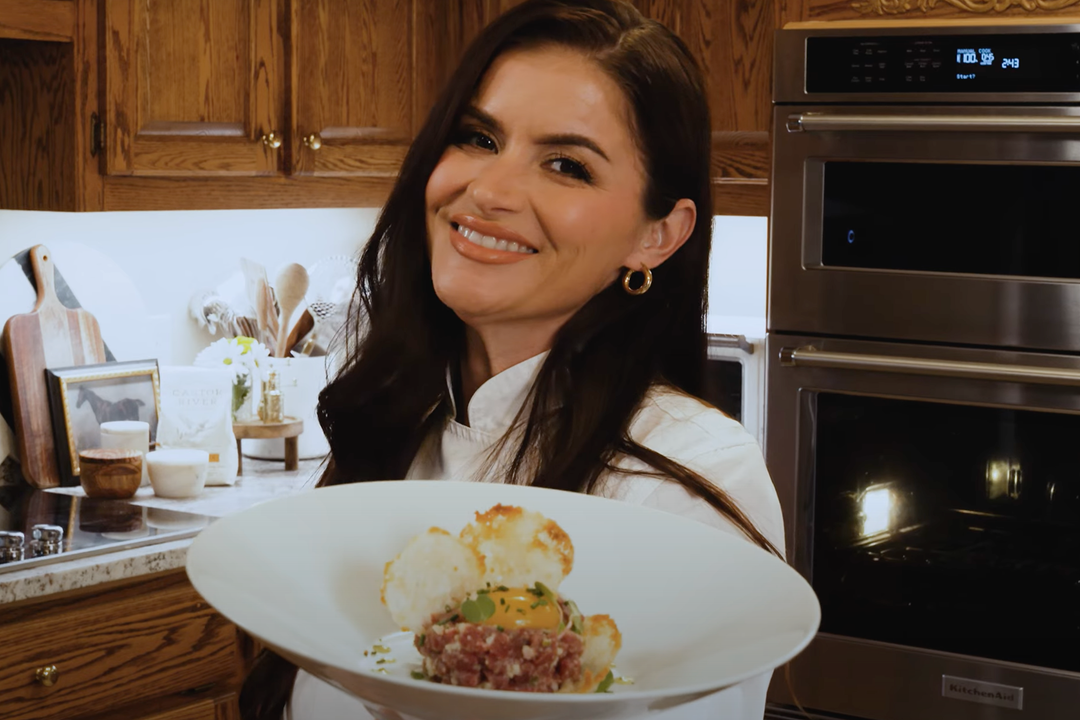
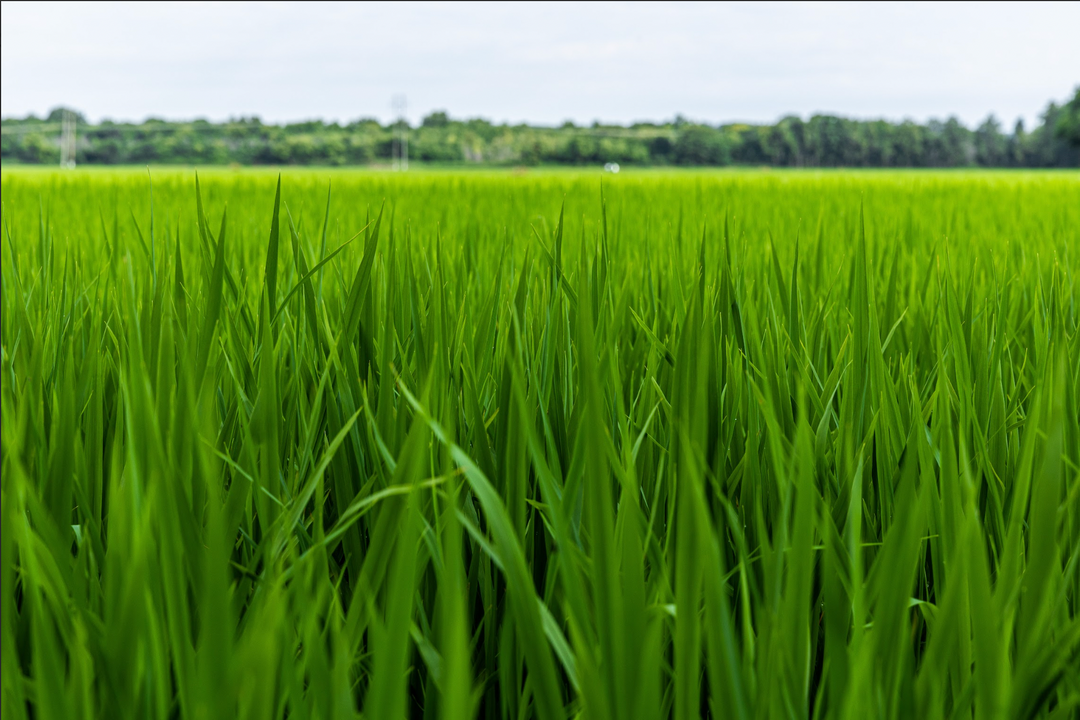
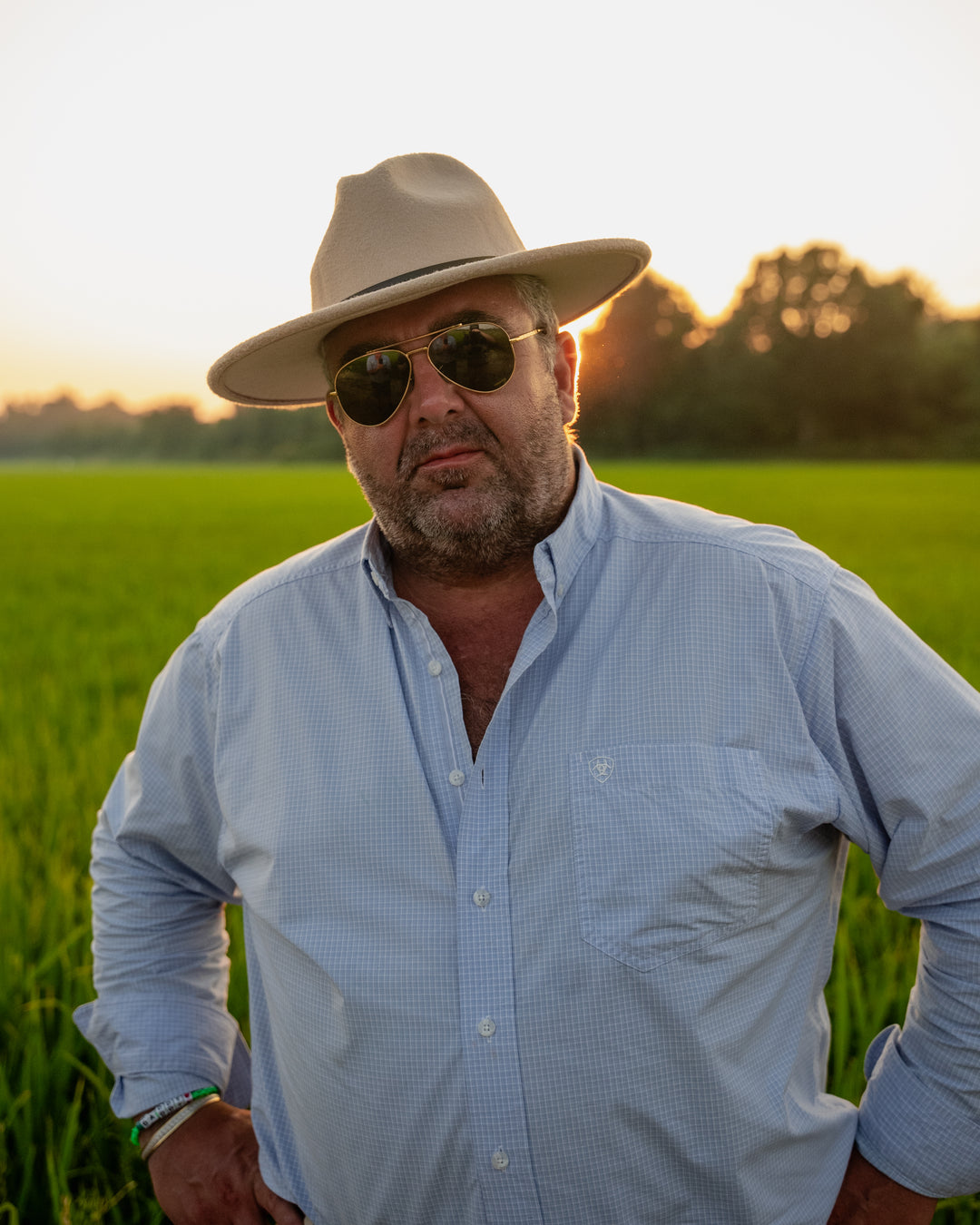
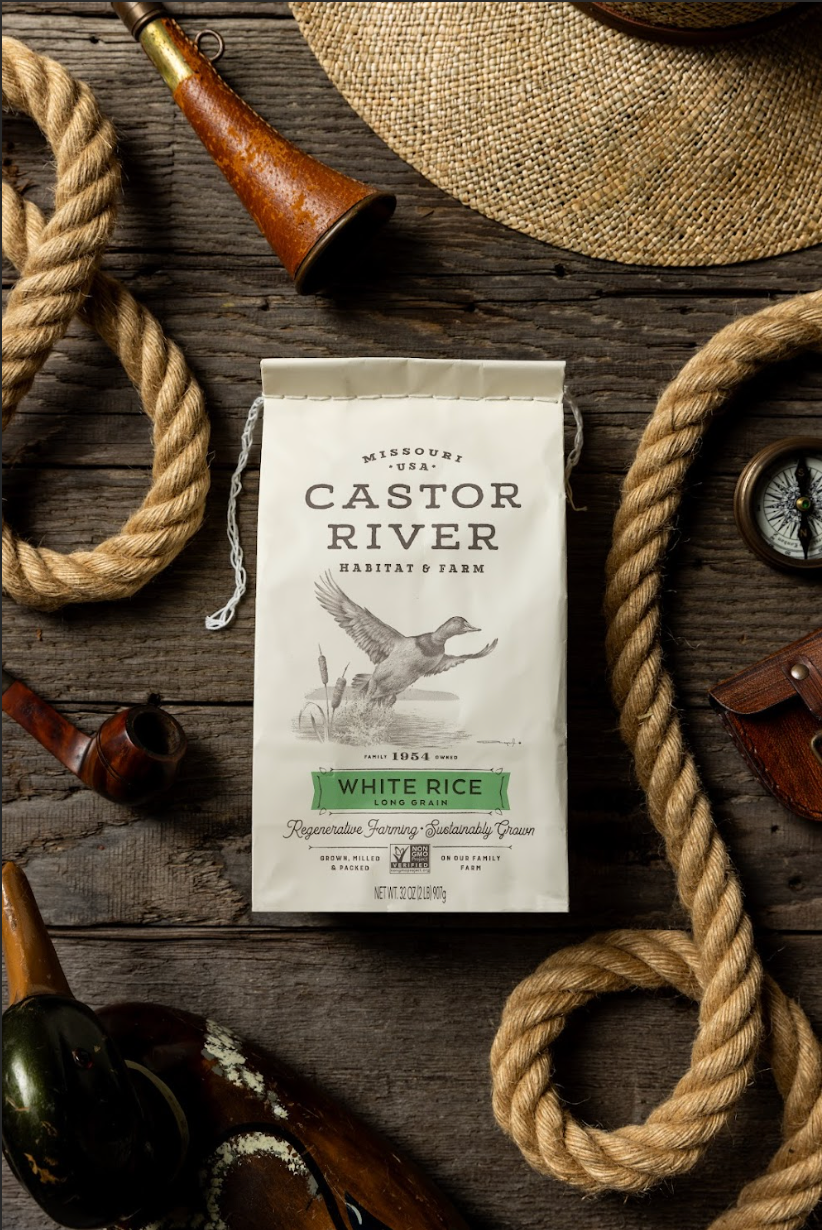
Leave a comment